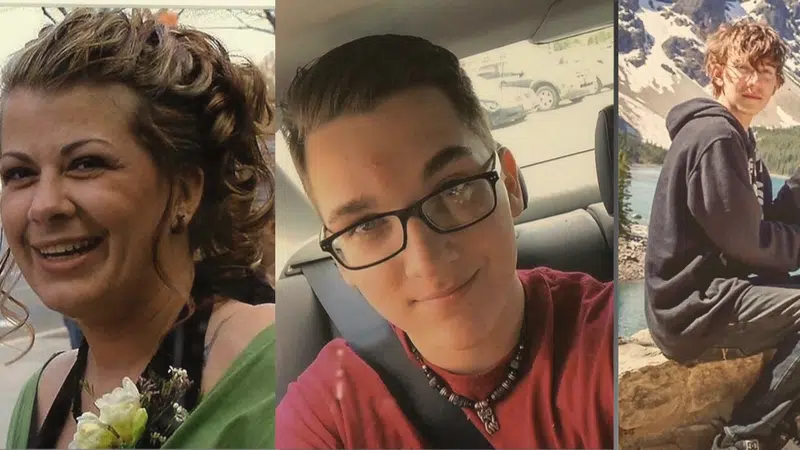
YOU’RE NOT ALONE: Looking back on the grim warning signs of suicide
KAMLOOPS — Today, on Suicide Prevention and Awareness Day, we air our second segment of You’re Not Alone. We take a look at signs some people display when they’re experiencing suicidal thoughts, and how loved ones can step in to help. Some of those signs can include giving away personal belongings, and saying their goodbyes in a subtle way — they can be presented in ways other than depression. We speak with those who have lost loved ones to suicide, and we see the destruction a suicide death can leave behind.
“I’m surprised that she stayed with us as long as she did.”
Irene Buckle lost her daughter Edyn to suicide in March, just a year after Edyn’s son Mykel took his own life.





